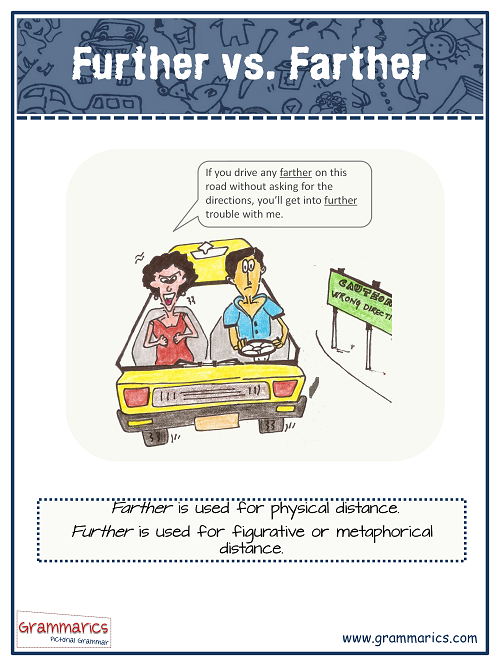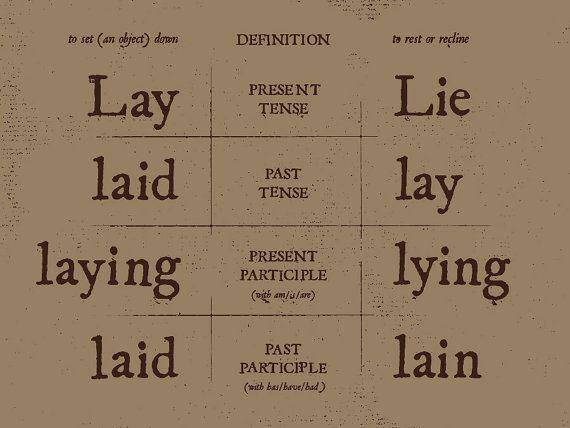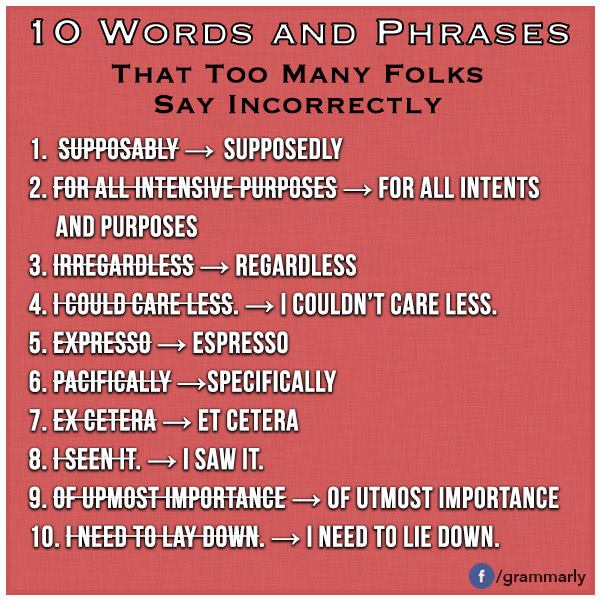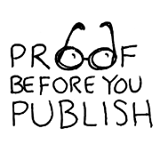Misspelled or Misused Words
In my line of work I see (and fix) mistakes. Some errors are more frequent than others, but here is a fun guide to many of the common blunders I come across.

Waiver vs. Waver
It’s been almost a month since I’ve posted a Tuesday Tip. This week we’ll look at the difference between waiver and waver. I’ve seen these words misused and confused more than once.
Waiver (noun) :
- The act of not insisting on, some right, claim, or privilege.
- A legal document releasing some requirement.
- Something that releases a person from a requirement.
Waver (verb):
- To fluctuate or vary
- To shake or tremble
- To sway back and forth; to totter or reel.
- To be indecisive between choices; to feel or show doubt or indecision; to vacillate.
Farther vs. Further
This is a tip I use each and every time I have to decide which word to choose.
Use farther when referring to physical distance. (I always think FARther and since it has the word FAR, it means a physical distance.)
Use further when referring to figurative distance, extent or degree.
And just for fun, here’s a meme that might help.

Versus vs. Verses
It’s been some time since I’ve posted a Tuesday Tip.
I’m constantly making notes about words that are commonly misused as I go through my work of editing and proofreading. Here is today’s common mistake, and hopefully this will help prevent you from making this same error in the future.
The word versus is often used to mean ‘opposed to’ or ‘against’ or ‘in contrast to’. It is commonly abbreviated as vs. or v.
On the other hand, verses is used as the plural form of the word ‘verse’ meaning ‘a poem’.
Eminent vs. Imminent
My Tuesday Tips are usually examples of errors I find when editing or proofing work for others. Today’s tip is no different.
Eminent means standing above others in quality or position.
Imminent means about to happen or take place very soon.
The words sound so similar, but are very different. Hopefully this clears up any future confusion you might have.
Accept vs. Except
People often confuse the words accept and except. Regardless of how similar they sound, their meanings couldn’t be more different.
To accept is a verb with several meanings: It can mean to hold something as true or right, to receive something willingly or to answer yes (oftentimes regarding invitations).
The word except is most commonly a preposition but it can also be used as a conjunction or a verb. As a preposition it means other than, apart from, not including, or excluding. The conjunction has several meanings, including only, for anything but, or unless. Very rarely it can be used as a verb meaning to exclude.
A fast and easy way to remember the difference would be Except = Exclude. The first two letters of except will remind you that it means exclude. *Thanks to Grammar-Monster.com for this “Hot Tip”.
Lay vs. Lie
Sometimes, a picture is worth a thousand words. I still look at this one more often than not.

Clinch vs. Clench
Today we have one of those pairs that are often confused. It makes my teeth clench every time I see them used improperly.
Clinch is to fix or secure (as a nail or bolt) by bending down or flattening the end that protrudes. This definition gave rise to the now more common use of clinch—to settle definitely and conclusively. It’s now a very common sports term when a team or person secures a title or victory.
Clench means to close tightly, or to grasp or grip tightly. It’s also a noun referring to a tight grip or grasp.
This is also a great article comparing the two: http://depressioncookies.blogspot.com/2015/01/clench-vs-clinch-grammar-writing-tips.html
Common Mistakes

Sense vs. Since
I see this common mistake often. Here’s a little bit of help to clear things up.
Sense is a verb meaning “feel” or a noun meaning “intelligence”. It can often refer to the five senses or the different forms of perception, reasoning, and understanding.
Since is most commonly an adverb often referencing time but can also be used as a preposition or as a conjunction. It is used to express something that occurred previously but whose effects continue to the present.

3324 E. Ray Road #41
Higley, AZ 85236
info@proofbeforeyoupublish.com
